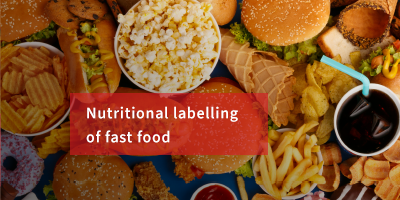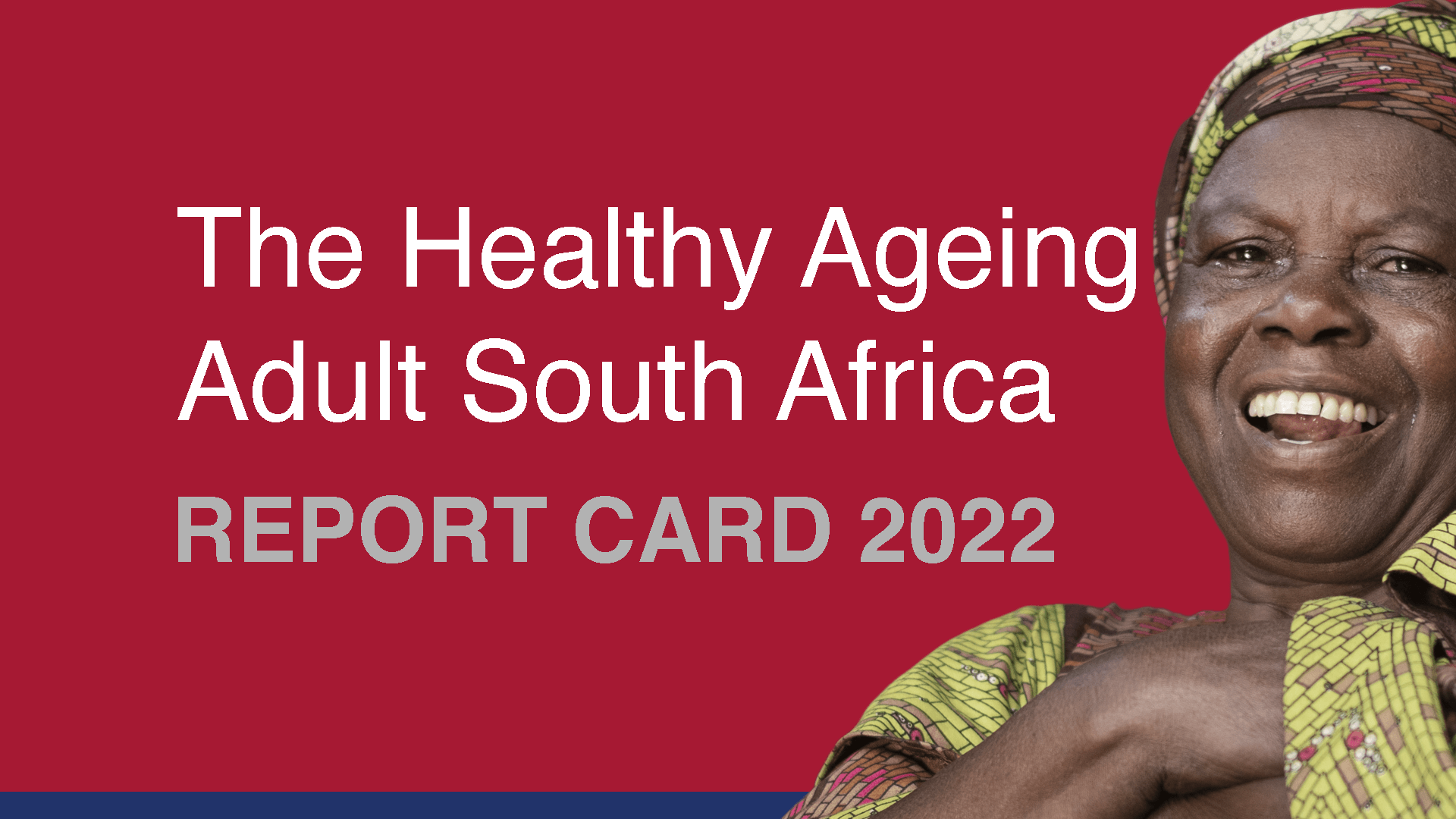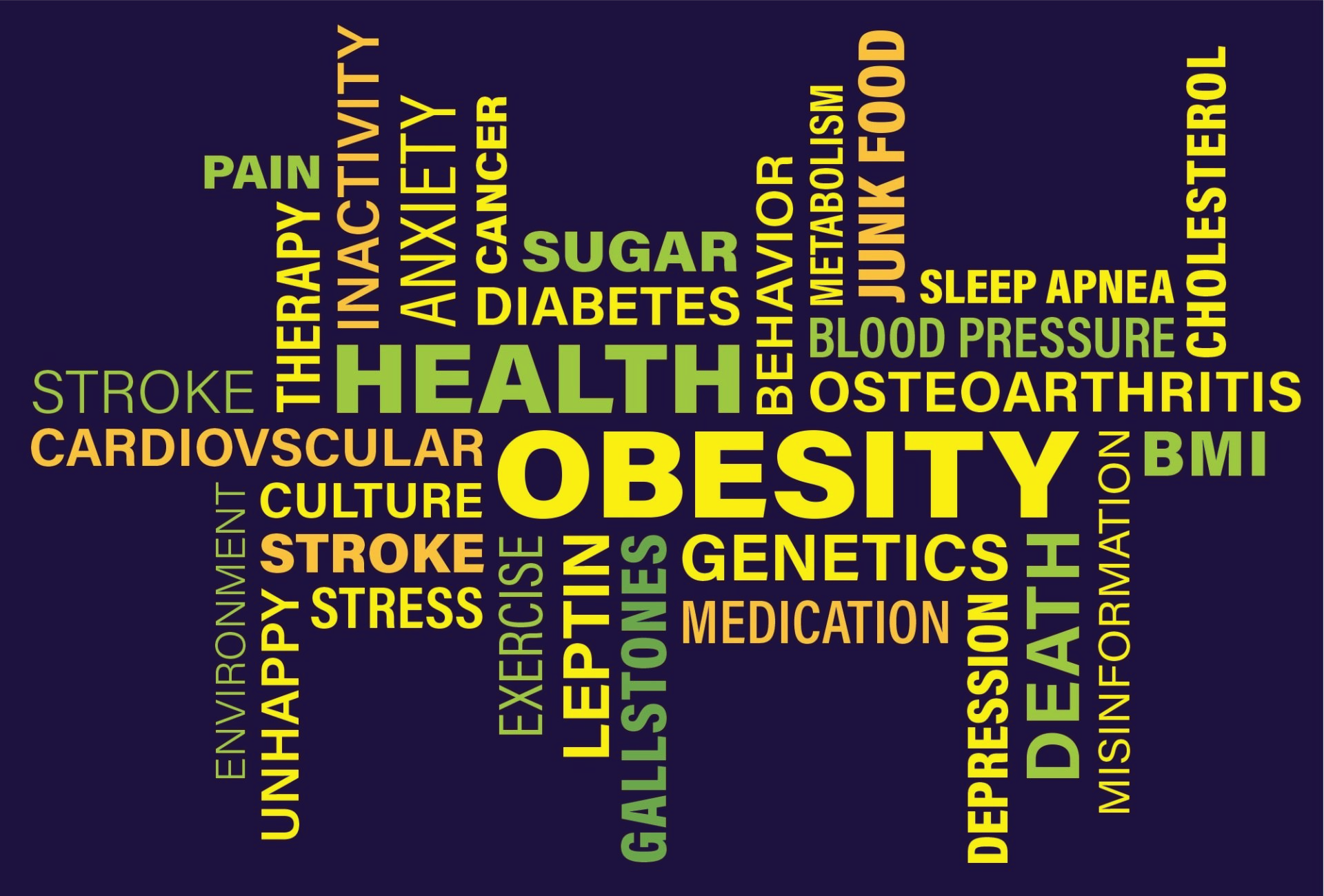NEWS: WHO urges governments to promote healthy food in public facilities
by ACTION
A new WHO Action framework for developing and implementing public food procurement and service policies for a healthy diet
Public settings, such as schools, childcare centres, nursing homes, hospitals and correctional facilities and all other canteens of public institutions, can play a key role in ensuring people are provided with healthy food and helping prevent the 8 million annual deaths currently caused by unhealthy diets.
A new WHO Action framework for developing and implementing public food procurement and service policies for a healthy diet aims to increase the availability of healthy food through setting nutrition criteria for food served and sold in public settings. The action framework also aims to reduce preventable diseases and deaths from high consumption of sodium and salt, sugars and fats, particularly trans fats, and inadequate consumption of whole grains, legumes, vegetables and fruit.
“Public places that serve the entire community, including our most vulnerable populations, must be places where healthy diets are promoted not discouraged,” said Dr Tedros Adhanom Ghebreyesus, WHO Director-General. “Now is the time for governments to lead by example through ensuring that the food served or sold in public settings contributes to healthy diets and saves lives. No public funds should be spent on food contributing to unhealthy diets.”
Consuming a healthy diet from pre-birth to the last days of life is vital to prevent all forms of malnutrition as well as diabetes, cancers and other noncommunicable diseases (NCDs). The new action framework serves as a tool for governments to develop, implement, monitor and evaluate public food procurement and service policies that align with the core principles of healthy diets as outlined in existing WHO recommendations:
- limit sodium consumption and ensure that salt is iodized;
- limit the intake of free sugars;
- shift fat consumption from saturated fats to unsaturated fats;
- eliminate industrially-produced trans fats;
- increase consumption of whole grains, vegetables, fruit, nuts and pulses; and
- ensure the availability of free, safe drinking water.
Healthy public food procurement and service policies set nutrition criteria for food served and sold in public settings. These policies increase the availability of foods that promote healthy diets and/or limit or prohibit the availability of foods that contribute to unhealthy diets. Policies can cover the entire process of purchase, provision, distribution, preparation, service, and sale of food to ensure each step meets healthy criteria.
A number of countries worldwide have already taken steps to promote healthy diets in public facilities. In Brazil, the National School Feeding Programme requires 30% of the budget to be used to purchase food from family farms, and requires menus to be based on fresh or minimally processed foods based on the region's sustainability, seasonality and agricultural diversification. To improve the health of children, the Republic of Korea established Green Food Zones that regulate the food available within a 200 metre radious of schools. In these zones businesses may not sell food that that falls above a set threshold for calories per serving, total sugars and saturated fats.
“Governments worldwide have a responsibility to lead by example by serving and selling food that improve the health of their people,” said Dr Tom Frieden, President and CEO of Resolve to Save Lives, an Initiative of Vital Strategies. “This action framework is an opportunity to make healthy food choices the default choices at a large scale.”
In September, the UN Food Systems Summit 2021 will launch bold new actions to transform the way the world produces and consumes food, delivering progress on all 17 SDGs. WHO is the UN anchor agency for Action Track 2 aiming to shift to sustainable consumption patterns and facilitate a transition of diets towards more nutritious foods that require fewer resources to produce and transport.
The world’s governments have already made multiple commitments to end all forms of malnutrition, including obesity and diet-related NCDs such as hypertension, cardiovascular diseases, diabetes and cancer. This Action Framework helps reach targets that fall under the Sustainable Development Goals of ending malnutrition (SDG 2), promoting health and wellbeing (SDG 3) and promoting sustainable public procurement practices (SDG 12) by 2030.
About the World Health Organization
The World Health Organization provides global leadership in public health within the United Nations system. Founded in 1948, WHO works with 194 Member States, across six regions and from 149 offices, to promote health, keep the world safe and serve the vulnerable. Our goal for 2019-2023 is to ensure that a billion more people have universal health coverage, to protect a billion more people from health emergencies, and provide a further billion people with better health and wellbeing.
For updates on COVID-19 and public health advice to protect yourself from coronavirus, visit www.who.int and follow WHO on Twitter, Facebook, Instagram, LinkedIn, TikTok, Pinterest, Snapchat, YouTube, Twitch
About Resolve to Save Lives
Resolve to Save Lives is an initiative of the global health organiSation Vital Strategies focused on preventing 100 million deaths from heart disease and making the world safer from epidemics. It is led by Dr. Tom Frieden, former director of the US Centers for Disease Control and Prevention. To find out more visit: https://www.resolvetosavelives.org or Twitter @ResolveTSL
About Vital Strategies
Vital Strategies is a global health organiSation that believes every person should be protected by a strong public health system. We work with governments and civil society in 73 countries to design and implement evidence-based strategies that tackle their most pressing public health problems. Our goal is to see governments adopt promising interventions at scale as rapidly as possible.
More about Obesity & Resent Articles and Events

Obesity rates are rapidly increasing in the African Region, as in most parts of the world.
There is a common misconception that obesity and other noncommunicable diseases (NCDs) only occur among the wealthy.
Strategy for the prevention and control of Obesity in South Africa - 2015 - 2020
Act today for a healthier future. HSF supports the World Obesity Federation (WOF) in the initiative to stimulate and support practical actions to address obesity.
ACTION
African Centre for Obesity Prevention
PARTNERS
Join our growing list of partners, including:
Preventing obesity for a healthier tomorrow
Business Hours
- Mon - Fri
- -
- Sat - Sun
- Closed
About Us
Contact
Office:
+27 10 447 3721
E-mail:






